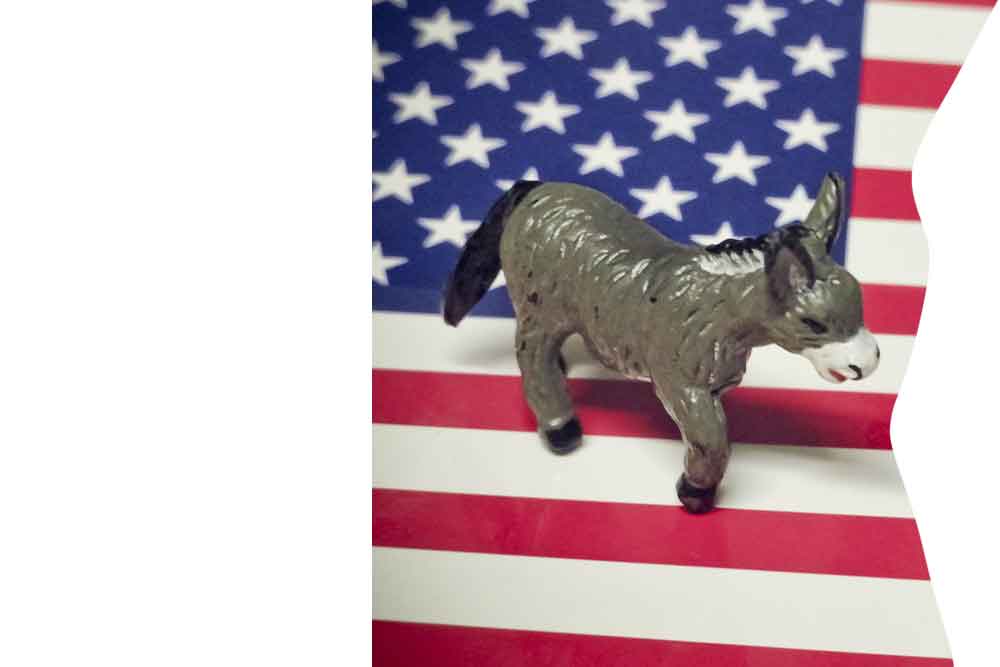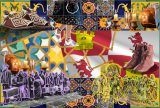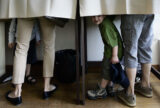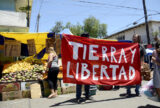Why Progressives (and Conservatives) Don’t Get Democracy—And Why They Should
Twenty-five years ago, a city manager looked at me gravely and said, “I’m not a big fan of unbridled democracy.” I had just suggested ways that she could engage large, diverse numbers of people in a deliberative process to plan the future of her city. She was skeptical.
Why? Because all my ideas about giving citizens a voice in decision-making went against the grain of her training and outlook on how public life is supposed to work. As a highly competent administrator and expert, she was used to a system where …










